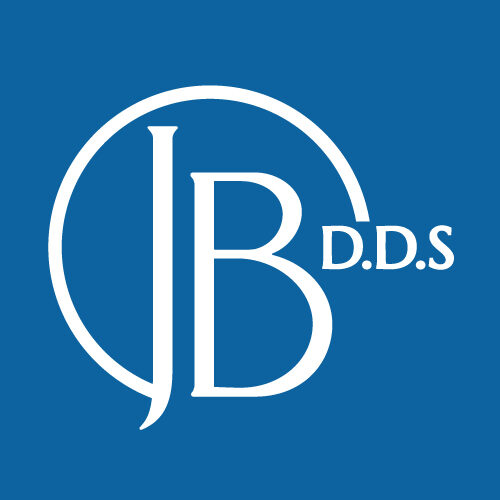Temporomandibular Joint
Dentist in Vancouver WA
What is Temporomandibular Joint?
Temporomandibular Joint is short for TMJ and it’s the name of the jaw joint, it’s also a catch-all phrase for many symptoms: jaw pain, headaches, neck pain, muscle spasms, difficulty in opening the mouth.
The lower jaw bone is a very unique bone in the body. It’s the only bone in the body that has a joint on either side at the same time and that hangs. The bone is not directly connected to any other part of the body other than by ligaments, muscles, skin and soft tissue. If you have a clicking, what that signifies is that the lower jaw, when you open your mouth, the lower jaw comes down and forward, in other words, it’s a rotation first, then a translation forward. There’s a disk of cartilage between the lower jaw and the upper jaw, similar to your knee and shoulder. When you open and come forward, that disk of cartilage should come forward with the jaw. Therefore, in some cases, the clicking can originate because of the narrowness of the person’s jaw which pushed the disk of cartilage a bit forward.
So the person’s jaw is narrow, when opening the mouth, the disk of cartilage is in the way and it may inhibit people from opening. There are time where you would have to wiggle your jaw to get it open, until that disk of cartilage pops or clicks back into place, and that’s that clicking sound you may hear.
The concern with that is that it can get worse. Ligaments actually hold that disk in place and once it gets out of position, those ligaments get stretched and then it cannot reclaim its original position. The disk will get further and further out of position and can then block the jaw from opening to the point where a person will be unable to open. More specifically, they can open that rotation but cannot translate. Therefore, they cannot open really wide, and that can also lead to other issues where with that disk being forward, the jawbone now goes further back and higher up into an area where it shouldn’t be. The body doesn’t like it because there are nerves and blood vessels in the back, and that can contribute to inflammation and muscle spasm and cause the body to take postural changes that now can lead to neck pain.
Dr. Jared Bowyer DDS is a dentist in Vancouver, WA. If you would like to learn more about TMJ, don’t hesitate to contact us at 360-253-2640.
